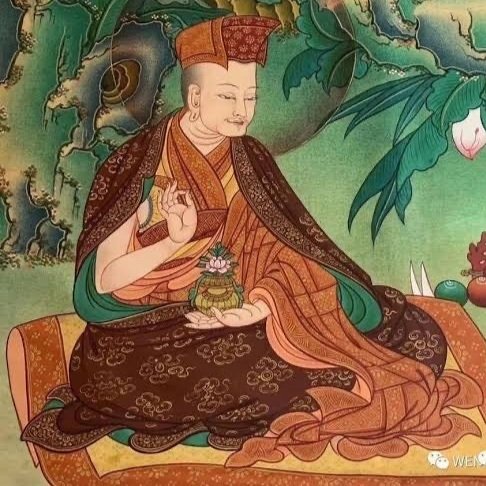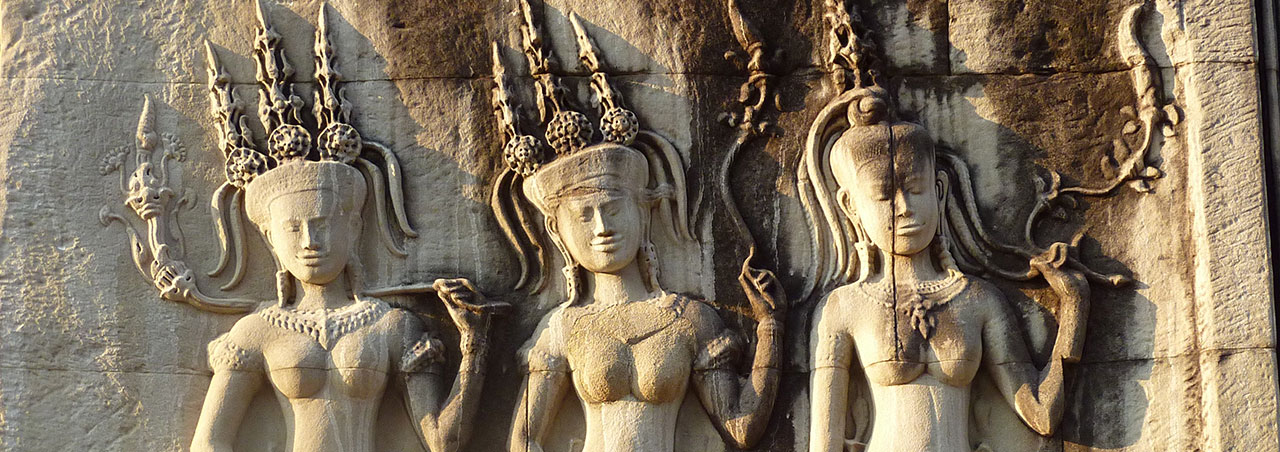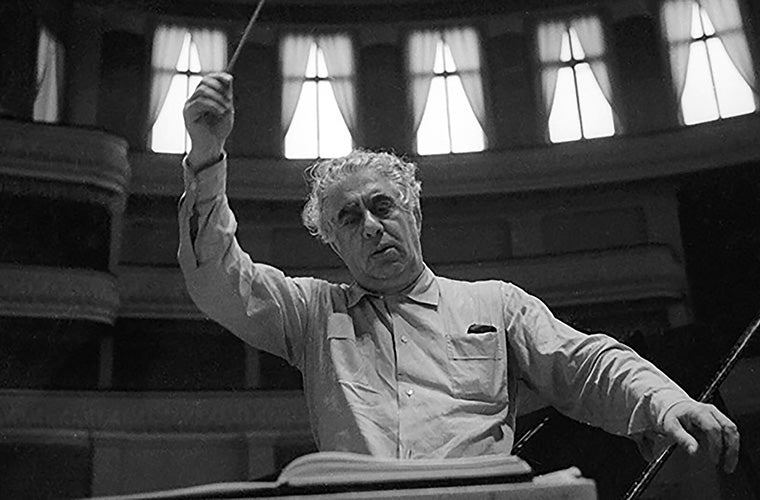I have been thinking recently about setting up a Online Dharma Study Group, and wondered if anyone out there was interested. Perhaps I could briefly describe what would be involved, and also some background to how it might be organised?
The group study would centre around a Yahoo e-group, like those such as DWBN-chat, which would have open membership. Involvement in the group would be open to anyone with an interest in the materials.
Gampopa – Jewel Ornament of Liberation
My idea is to systematically study a text, starting with Gampopa’s ‘Jewel Ornament of Liberation’. The reason for this is that it sets out the path (from a Kagyu perspective) in a systematic fashion, step by step, from Buddha Nature right through to Wisdom and Buddhahood and beyond. So it covers pretty much the major areas of Dharma from beginnings on the path right through to Enlightenment.

The group would go through the text, section by section, over a period of perhaps 6 months or a year. For each section in turn, the facilitator of the group would put forward a number of discussion points. They would then provide a focus for reflection and discussion on that section, though the discussion wouldn’t be limited just to those points of course. After a certain period (perhaps a week) or when the discussion of that point begins to wind down, the group would move on to the next section, triggered by the facilitator of the group.
Those involved in the study would need a copy of the text studied. There are 3 English language translations available, and I believe the text has been translated into other languages too. For each section studied, the idea would be to read the materials, spend time reflecting on them, and then meditate on them, holding the sense of understanding in one’s mind as one pointedly as possible. On the basis of that reflection and meditation, people can bring questions to the discussion, respond to questions etc. People could bring in quotes from other sources which were relevant, their life experiences … basically anything which is relevant to the section under discussion.
The inspiration for the structure of the group comes from another online group which studied a different Lamrim text (a graduated series of teachings) which I took part in some 3 years ago or so. It seemed those involved (including myself) found great benefit in the study, and learnt a lot from the process, and from each other.
Online study – informal yet systematic
I have been thinking for a while it might be nice to have such an online study group, studying Kagyu Dharma, in an informal, yet systematic way. Several people in the past have suggested they would like to be involved in something like this, but were not in a position financially to go somewhere for the study, or perhaps didn’t have a group of people in their locality to study with. So an online group seems like a useful addition to the various supports to practice which are available. The idea of the group is obviously to add a new support to practice which would work alongside those we already have. The group would be open to all, whether Kagyu, other Buddhist, or even non-Buddhist, as long as the person had a genuine interest in the materials at hand.
I would be happy to facilitate the group, coming up with the set of topics for each section, and do the appropriate admin work. The success of the group would obviously be down to how much each person involves themselves in the study, reflection and discussion.
What’s the level of interest?
I’m basically bringing this up (here, and elsewhere) to see what the level of interest is. It would need a certain amount of interest to get the group off the ground. Though people could join in at any time of course, the ideal would be to be involved at the start, as the text starts with fundamentals like the four ordinary foundations – precious human birth, impermanence etc, and so there is some sense in building from the ground up.
My thought is that when this text is finished, the group could move on to study other materials, such as 3rd Karmapa, Rangjung Dorje’s ‘Aspiration Prayer of Mahamudra’, for example.
The ideas above are not fixed or final, and are open to discussion. They are simply based on how this other group successfully operated. If people have an interest in the group, and would like to express the desire to take part, then perhaps they could email me at my Personal Email or they could add comments here of course.



